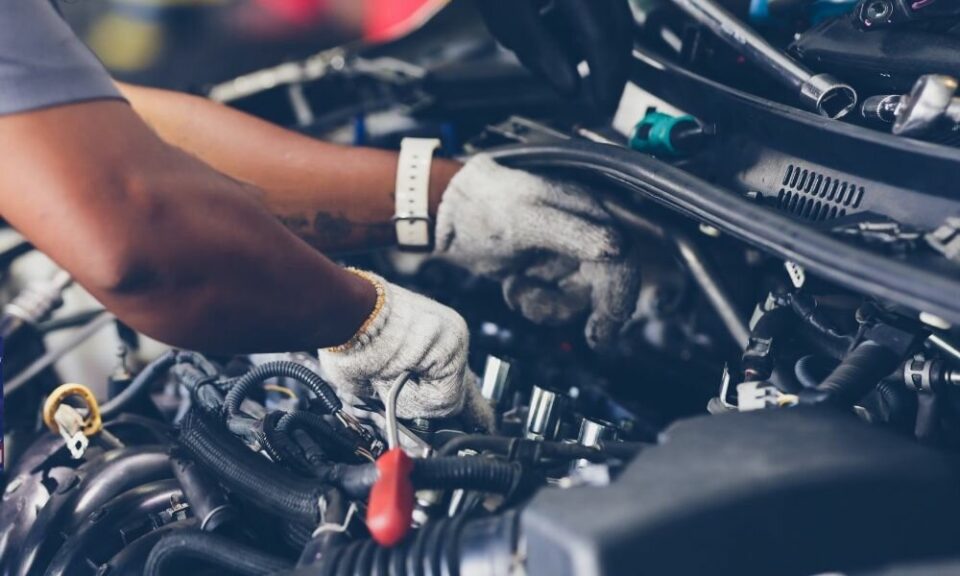For those who may not possess mechanical expertise, automotive issues can indeed be quite daunting. Acquiring the skills to address prevalent automotive issues independently can lead to significant savings in time, finances, and peace of mind. This article assists in identifying prevalent automotive issues prior to their escalation.
Diagnosis of Engine Concerns
Engine difficulties represent common challenges encountered in the realm of automotive maintenance. Illuminated check engine lights, unusual sounds, irregular idling, and diminished performance may indicate underlying engine issues. An OBD-II scanner is utilized to extract error codes from the vehicle’s computer system, facilitating the diagnosis of engine-related issues. These codes provide essential information pertinent to specific issues. Additionally, please ensure to inspect for low oil levels, dirty air filters, and any loose spark plugs. Resolving these minor issues can often rectify engine difficulties without the need for professional assistance. Choosing the Auto Repair in Franklin, KY based service is the best idea here.
Identifying Electrical Issues
Electrical concerns encompass non-functional batteries as well as malfunctioning lights and accessories. A depleted or insufficiently charged battery is likely to prevent your automobile from starting. When the engine is not operational, a properly functioning battery should register a voltage of 12.6 volts on a voltmeter. Should the voltage be insufficient, please consider restarting the vehicle or replacing the battery accordingly. Please inspect the fuses to identify any issues related to lighting or accessories. A blown fuse has the potential to incapacitate electrical components. Locate the fuse box and the necessary fuses as detailed in your vehicle’s handbook. Replacing a blown fuse is a straightforward process that can effectively restore the electrical performance of an automobile.

Assessment of Brake Concerns
The functionality of brakes is essential for ensuring vehicle safety; therefore, it is imperative to address any issues without delay. Symptoms of braking difficulties may include squeaking or grinding noises from the brakes, a soft or unresponsive brake pedal, or the illumination of a warning light on the dashboard. Examine the brake pads and rotors for signs of wear. Worn brake pads produce noise and hinder overall efficiency. Furthermore, please verify the brake fluid level in the master cylinder reservoir. A low level of braking fluid may indicate a potential system leak, necessitating immediate attention. It is imperative that these symptoms are accurately diagnosed and treated to ensure the maintenance of road safety.
Addressing Transmission Issues
Transmission challenges encompass difficulties in gear shifting, instances of slippage, and the presence of atypical sounds during operation. Please verify the levels and condition of the transmission fluid. To address shifting issues, it is advisable to either top off or replace low or contaminated transmission fluid. If problems persist even with an adequate fluid level, it may indicate a failure of the clutch or torque converter. Certain transmission issues require the attention of a skilled professional, while fluid-related problems can often be resolved with relative ease.

